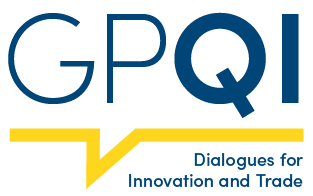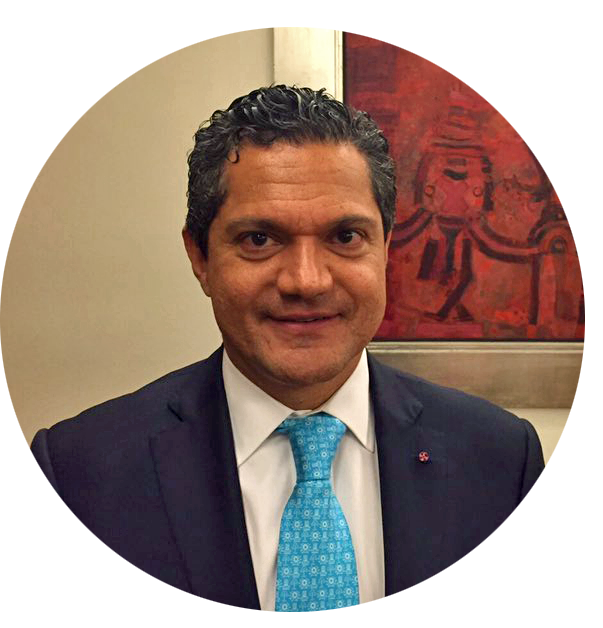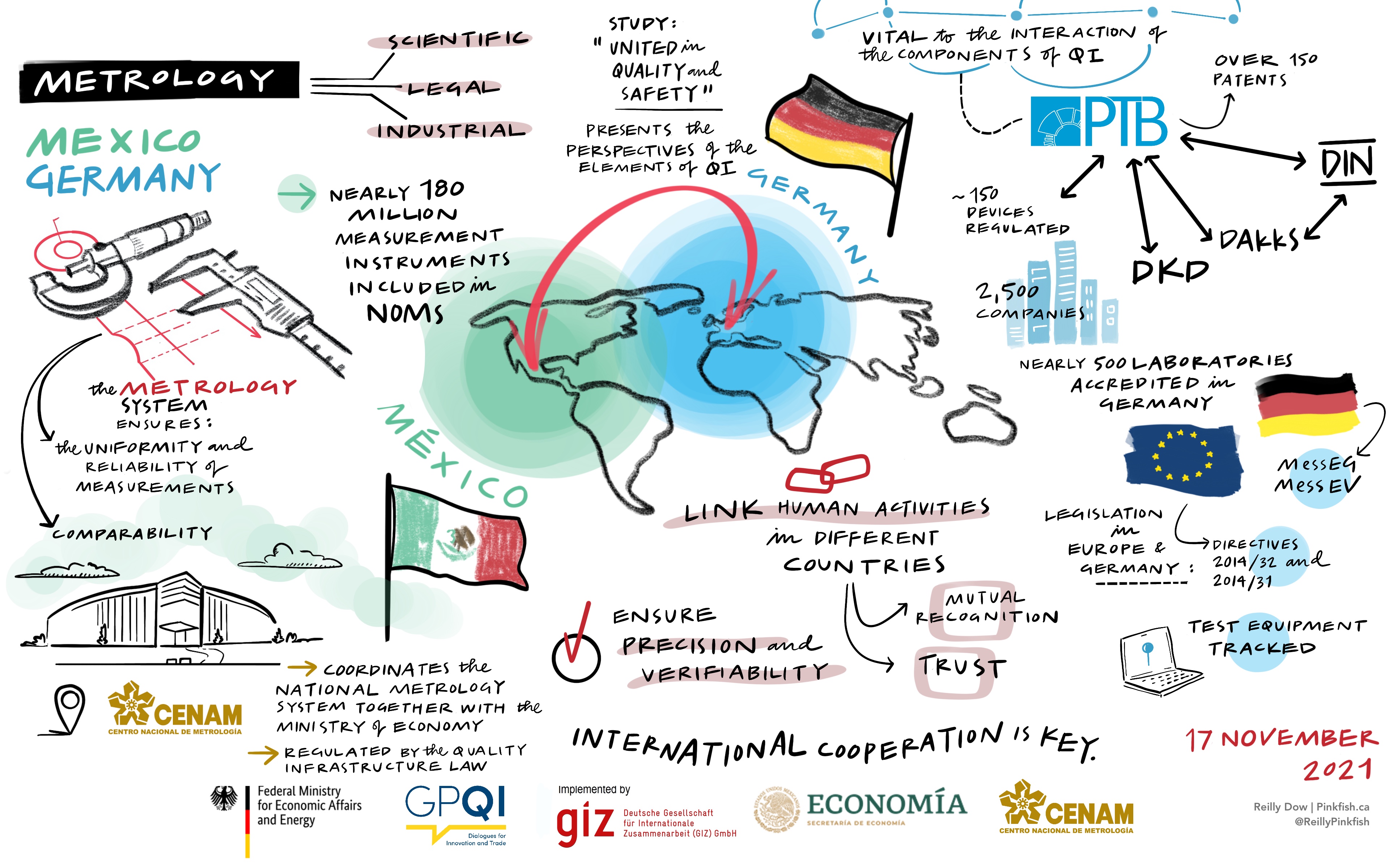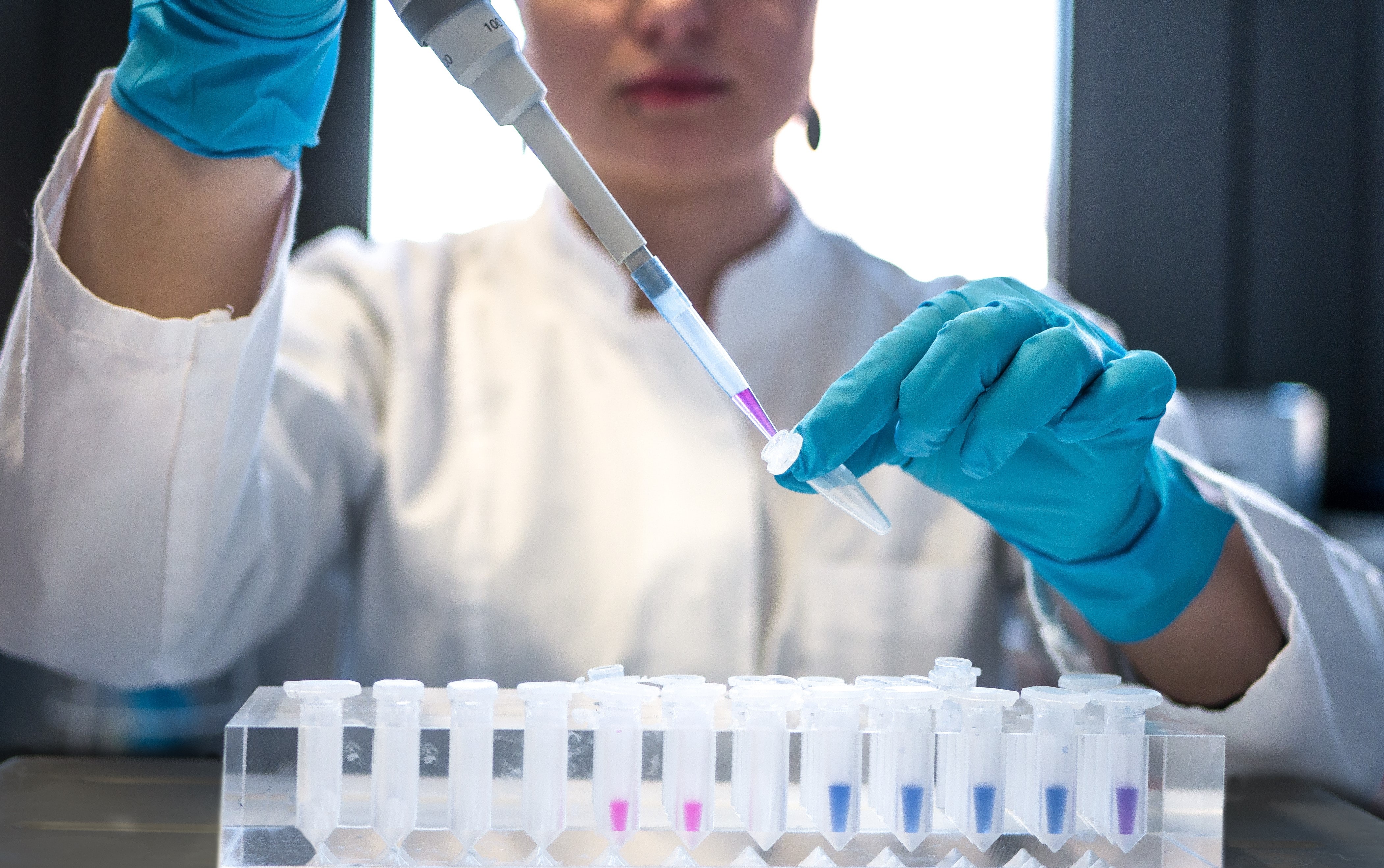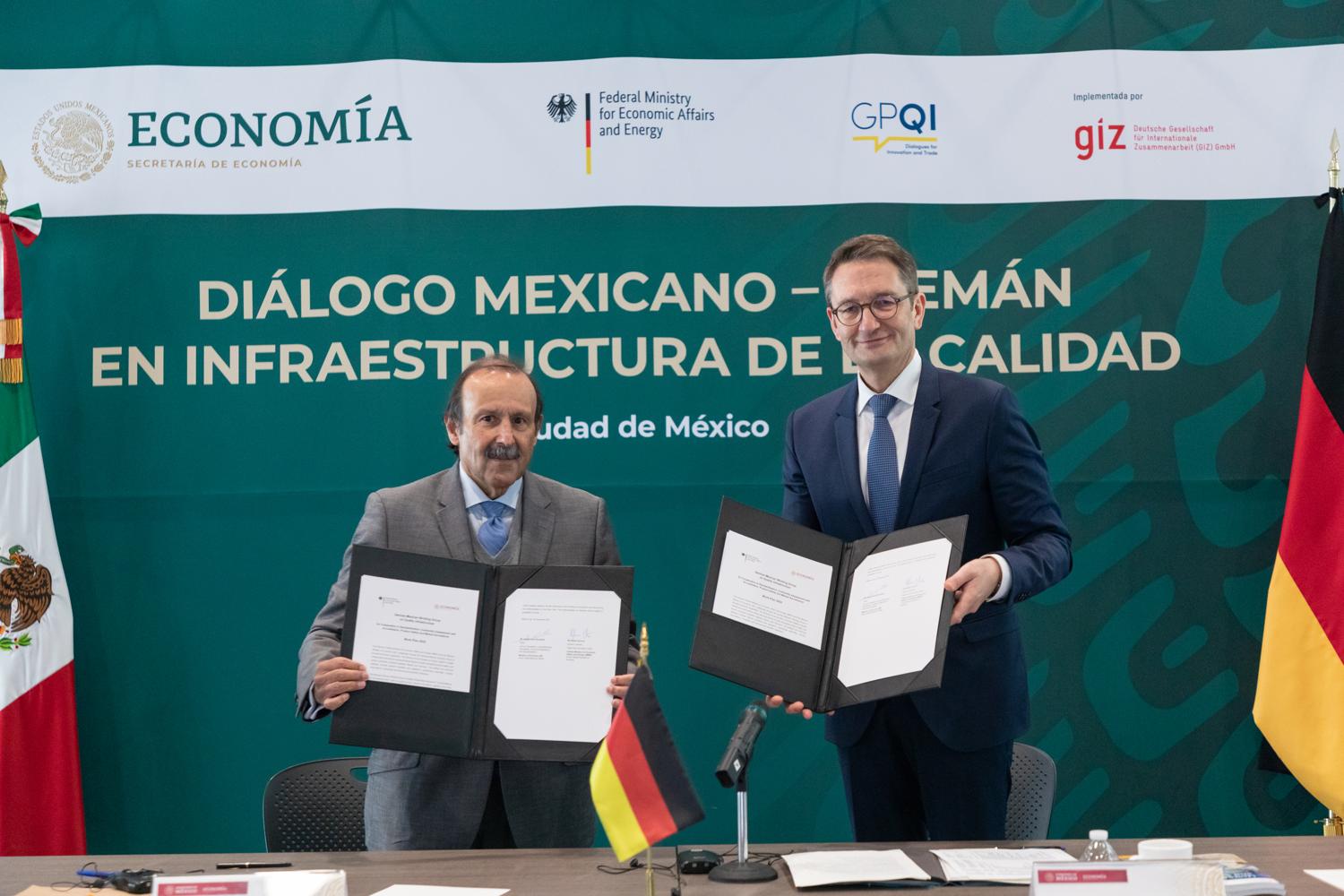GPQI Newsletter 1/2022
|
|
||
Global Project Quality Infrastructure Newsletter |
||
|
No 1/2022 | 01 February 2022 |
||
|
Dear readers Welcome to the first issue of the Global Project Quality Infrastructure (GPQI) newsletter in 2022. We look forward to an exciting and eventful year and many new opportunities as GPQI continues its international dialogues on quality infrastructure (QI) with Brazil, India, Mexico, China and Indonesia. This newsletter provides an overview of GPQI’s activities, its next event and its newest publication – a quick guide on open communication standards in Industrie 4.0 for Brazilian SMEs. It is available in Portuguese. In this issue, we also feature an interview with Alfonso Guati Rojo Sanchez. We asked the General Director of the General Bureau of Technical Regulations and Standards at the Mexican Ministry of Economy (SE) about recent developments in the Mexican QI system, achievements of the Mexican-German Dialogue on QI as well as green topics such as electromobility and the circular economy. Enjoy the overview of the latest news and QI developments in our partner countries. Let’s shape the future of QI together. P.S. We look forward to your feedback: Please contact us if you have any ideas or suggestions for this newsletter.
|
||
CONTENT |
||
1. THREE QUESTIONS FOR... Alfonso Guati Rojo SanchezGeneral Director of the General Bureau of Technical Regulations and Standards (DGN) of the Mexican Ministry of Economy (SE), Technical Secretary of the National Commission for Quality Infrastructure in MexicoMr Guati Rojo, what have been important recent developments in Mexico in the field of quality infrastructure (QI)? Mexico’s QI system is currently undergoing a transition, as the new Quality Infrastructure Law came into force in August 2020. The law aims to involve all governmental levels in QI activities, to elaborate technical regulations and to ensure their implementation to protect public interests. Additionally, we are developing market surveillance mechanisms in different sectors through multidirectional, multidisciplinary and permanent programmes. The German-Mexican Dialogue on QI focuses on different topics ranging from cybersecurity to machinery safety and rail transport. Could you name one achievement to which the working group was able to contribute? I would like to look at the cooperation with the Mexican Ministry of Labour and Social Welfare (STPS) and the topic of machinery safety. Together with German experts, the technical regulation NOM-004-STPS on machinery safety and equipment in the workplace was updated for the first time after more than 20 years. Through the cooperation with GPQI, the NOM now considers new developments and thus contributes, hopefully, to safer workplaces. NOM-004-STPS will be published soon. Given the increasing relevance of green topics such as electromobility and circular economy, how do you see the Mexican QI system dealing with these new realities? The Mexican Ministry of Economy (SE) oversees the implementation of the Agenda 2030. This allows us to address green topics in a cross-cutting approach. SE is working together with GPQI, government agencies and the private sector to identify needs regarding technical regulations and standards in the field of electromobility. Mexico has also recently enacted its own law on circular economy. We are convinced that QI is of utmost importance to set the right framework to successfully achieve the Sustainable Development Goals (SDGs). |
||
|
Please follow this link if you would like to change your newsletter preferences. If you no longer wish to receive this newsletter, please click here. |
||
|
Publisher: Registered offices Friedrich-Ebert-Allee 32 + 36 Dag-Hammarskjöld-Weg 1 - 5 Registered at VAT no. DE 113891176 Chairperson of the Supervisory Board Management Board In charge of this newsletter: |
||
|
The German Federal Ministry for Economic Affairs and Climate Action (BMWK) has commissioned the Deutsche Gesellschaft für Internationale Zusammenarbeit (GIZ) GmbH to implement the Global Project Quality Infrastructure.  |
